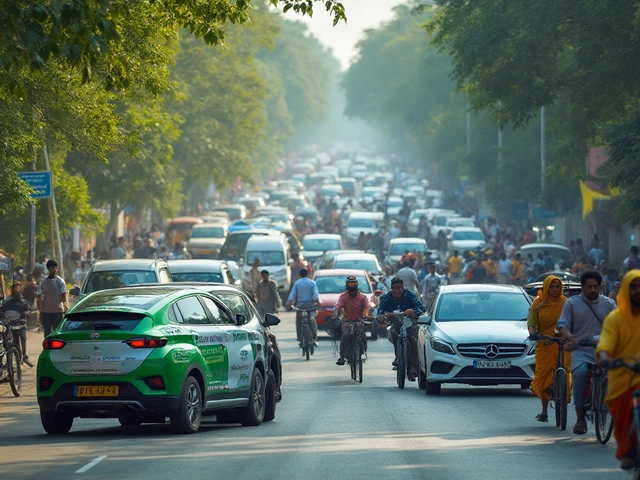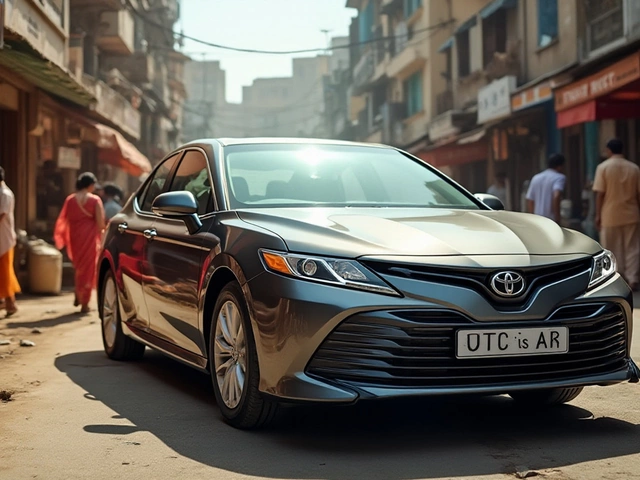Vehicle Regulations You Should Know Today
If you drive a car, bike, or own a fleet, you’ve probably heard the term "vehicle regulations" tossed around. In India these rules cover everything from safety stickers to emission limits. Ignoring them can mean hefty fines, paperwork headaches, or even a suspended licence. Let’s break down the most useful bits so you can keep your wheels on the road without hassle.
Key Areas of Vehicle Regulations
The first thing to understand is that vehicle regulations are split into a few clear sections. The most common ones you’ll run into are:
- Registration and Insurance: Every vehicle needs a valid registration certificate (RC) and a policy that meets the minimum coverage set by the Motor Vehicle Act. Renew both before they expire; online portals make it quick.
- Safety Standards: Seat‑belt reminders, airbags, ABS, and proper lighting are mandatory for new cars. Two‑wheelers must have functional headlamps, horn, and a valid fitness certificate after two years.
- Emission Norms: India follows the Bharat Stage (BS) standards, currently BS‑VI for most vehicles. Your engine must pass the pollution test at a certified centre, or you’ll be denied renewal.
- Fitness and Roadworthiness: Commercial vehicles and buses need a fitness certificate every year. It checks brakes, tyres, and chassis integrity.
- Transport Policies: Rules about load limits, speed caps, and driver working hours apply to trucks and taxis. Violations can lead to penalties and suspension of permits.
Each of these sections has its own paperwork and deadlines, but they all share one goal: keep roads safe and the environment cleaner.
How to Stay Compliant
Now that you know what’s required, here’s a simple checklist to avoid trouble:
- Set Calendar Reminders: Mark renewal dates for registration, insurance, and fitness certificates a month ahead. Most insurers send alerts, but a personal reminder helps.
- Use Official Portals: The Parivahan website lets you check RC status, pay road taxes, and book emission tests. It’s faster than standing in a line.
- Keep Documents Handy: Store a digital copy of your RC, insurance, and pollution certificate on your phone. If a police check comes up, you’re ready.
- Schedule Emission Tests Early: BS‑VI centres can be busy, especially in big cities. Book a slot before the deadline to avoid last‑minute rush.
- Inspect Your Vehicle Regularly: A quick monthly check of lights, brakes, and tyre pressure catches problems early, saving money on repairs and keeping you safe.
Following these steps costs almost nothing but saves you from fines that can run into thousands of rupees.
Vehicle regulations might feel like a maze, but they’re really just a set of rules designed to protect you and everyone else on the road. Stay organized, use online tools, and keep your documentation up to date. That way you’ll spend less time worrying about paperwork and more time enjoying the drive.





